As the Microsoft-backed ChatGPT takes the tech world by storm, Kai-Fu Lee, former head of Google China and CEO of Chinese investment firm Sinovation Ventures, has become the latest Chinese tech leader to jump on the bandwagon with plans to develop an alternative that goes far beyond "a Chinese version of ChatGPT".
The alternative, called Project AI 2.0, will be built into a global tech firm that features AI 2.0 platforms and productivity applications. AI 2.0, according to Lee, will not be a high-performance chat tool, nor utilize AI-generated graphics and texts, but will ultimately reduce costs to almost zero.
Lee and other veteran investors and industry experts believe that Chinese companies have great opportunities in the application of ChatGPT-related technologies, but a big gap with the United States exists.
"Chinese platforms will have great opportunities. Although they might not be as technologically advanced as the U.S., I believe the Chinese market and Chinese companies will win," he said in an interview with China Daily.
"AI is providing opportunities to companies that are 10 times bigger than those of the mobile internet era and they are accessible to Chinese participants for the first time," he added.
Since January, an array of Chinese platform and tech companies, including Alibaba Group Holding, iFlytek and NetEase, have rushed to unveil ChatGPT-related efforts. Tencent Holdings President Martin Lau said during a media call on Wednesday that the company would invest resources into building foundational AI models and gradually roll out its own version.
Meituan Co-Founder Wang Huiwen said in a note on Tuesday that his newly established AI startup Guangnian Zhiwai, which aims to develop an alternative to ChatGPT, has kicked off A-round financing and has already partnered with two other co-founders.
"Platform capability is very important," Lee emphasized, adding that every field can rewrite its existing apps to create a more profitable model.
The veteran investor sees three phases of AI application development. The first phase of popular AI apps is more likely to appear in content, where the margin for error is more tolerable, while the second phase is that AI would be used in fields like finance and education for assistance in automatic trading and language teaching. AI will be capable wherever it is needed in the third phase.
Ren Bobing, executive director of Sinovation Ventures, said that Chinese startups have great advantages in product innovation but still have a gap with the U.S. in key AI drivers like computing power.
Yin Qi, co-founder and CEO of Chinese AI company Megvii, agreed, saying that the U.S. does have a larger amount of funds for pure technological innovation and long-term investment, while Chinese AI companies still face the pressure of short-term commercialization.
Zhou Ming, founder and CEO of Longboat, a Chinese provider of large language models, also noted that GPU resources and labor costs need to be considered if Chinese startups want to develop ChatGPT-like models and solutions.
"It is not suitable for Chinese startups to chase large models and burn money. It is more affordable for them to spend several tens of millions of yuan to train a model and then offer personalized services for customers," Zhou said.
"For Chinese companies to do related AI business, trying to surpass OpenAI in an all-around way is not recommended for now, but explore a niche market and do it step-by-step," he added.











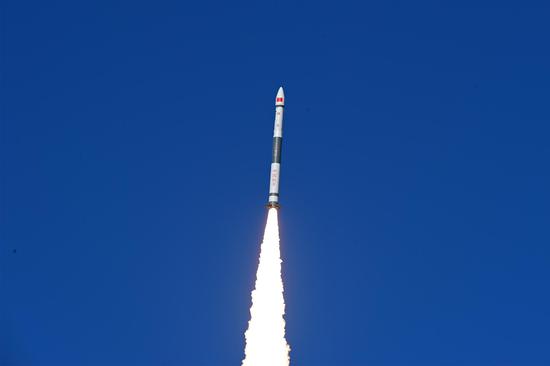










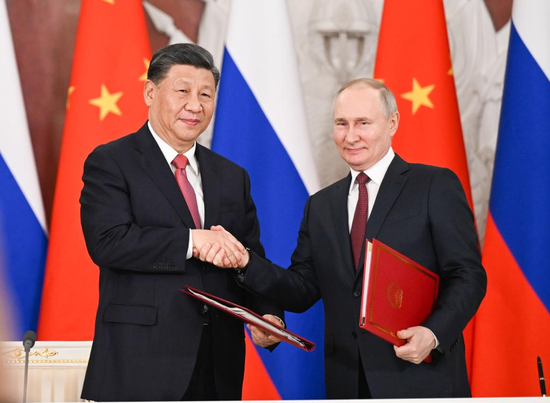














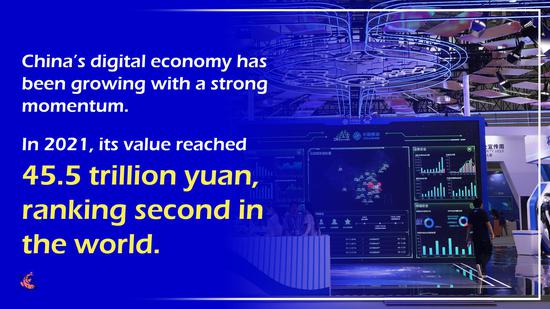


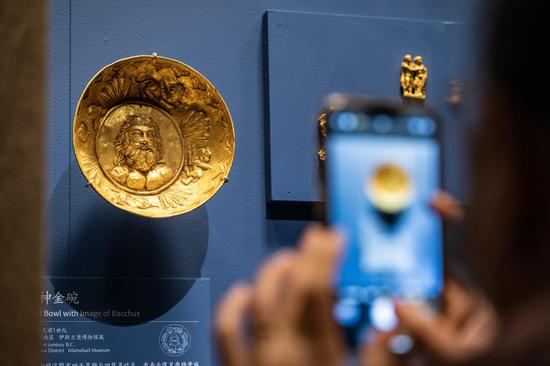


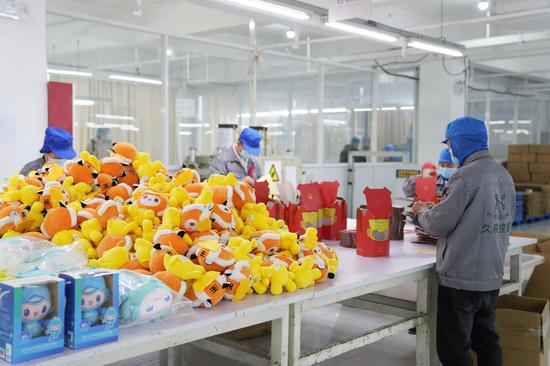
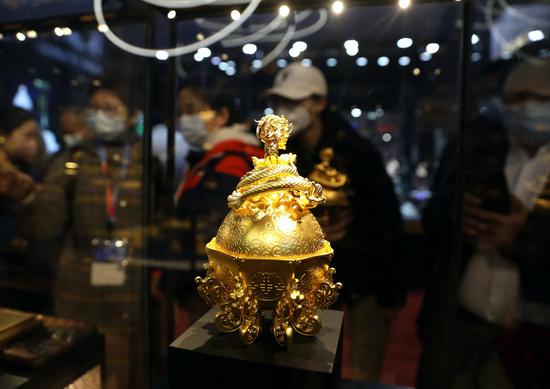





 京公网安备 11010202009201号
京公网安备 11010202009201号